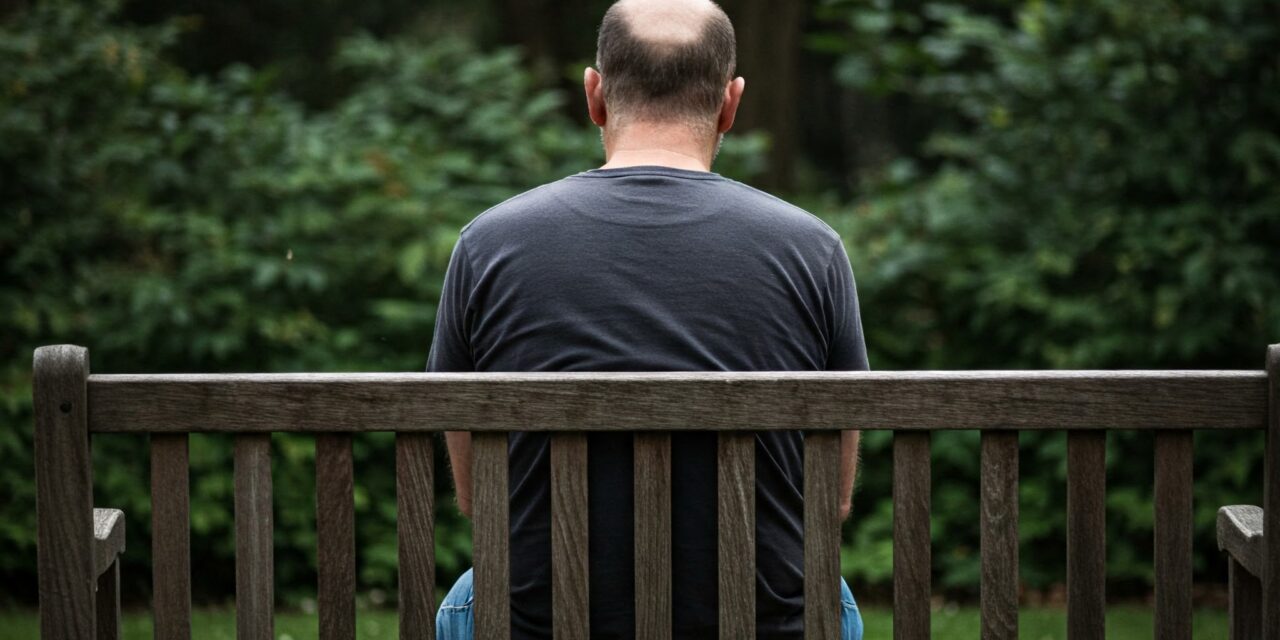I was doing some research and stumbled across an Axios article from Oct 2024 that stated that “Oregonians need more companionship, with nearly 45% reporting feeling lonely at least sometimes — the second highest in US — according to the Census Bureau.” While this article appeared in October, I thought it was worth a post, as all too often findings are presented, reported on, and then fade away.
This isn’t just an emotional issue: loneliness is linked to serious health risks, including higher chances of diabetes, heart disease, dementia, substance abuse, depression, and anxiety. The U.S. Surgeon General has even declared loneliness an epidemic, warning that its health impact rivals smoking up to 15 cigarettes a day. Young adults and older people are especially affected, and while living alone doesn’t always mean being lonely, it’s associated with higher rates of depression in places like Portland, where nearly 40% of households are single-person. Here are a couple ideas for how to combat loneliness:
1. Start Small with Everyday Connections
Simple gestures—like greeting a neighbor, chatting with someone in line, or saying “hi” to people on the street—can make a real difference in your sense of connection. Even brief interactions help break the cycle of isolation.
2. Nurture Existing Relationships
Reach out to friends or family, even if it’s just a quick message or call. Reconnecting with old friends or checking in with relatives can help you feel more supported and less alone.
3. Join Community Programs and Activities
Look for local groups, classes, or volunteer opportunities that match your interests. Programs like Caring Connections in Central Oregon pair volunteers with adults seeking companionship, and have shown significant reductions in feelings of isolation and lack of companionship. Many organizations, including those focused on youth, seniors, and parents, offer free or low-cost activities to help people connect.
4. Seek Professional Support
If loneliness feels overwhelming, don’t hesitate to call a helpline or talk to a mental health professional. In Oregon, the Senior Loneliness Line and Youth Line offer friendly, trained listeners, and the 988 Suicide and Crisis Lifeline is available for anyone needing support.
5. Create a Sense of Belonging
Engage in hobbies, join shared-interest groups, or participate in family activities. Workplaces and co-worker relationships also provide opportunities for connection and belonging. For parents, seeking out child-friendly spaces and activities can help build new social networks.
6. Practice Listening and Empathy
Sometimes, simply listening to others and showing empathy can foster meaningful connections. People often just need to feel heard and understood.
7. Advocate for Community Solutions
Support efforts to make recreational activities, transportation, and public spaces more accessible and inclusive. Community-wide initiatives and funding—like those from local health systems—are working to address loneliness at a larger scale.
Loneliness is a widespread challenge, but small actions and community support can make a big difference. By reaching out, participating in local programs, and building everyday connections, Oregonians can take steps toward greater companionship and better health.





